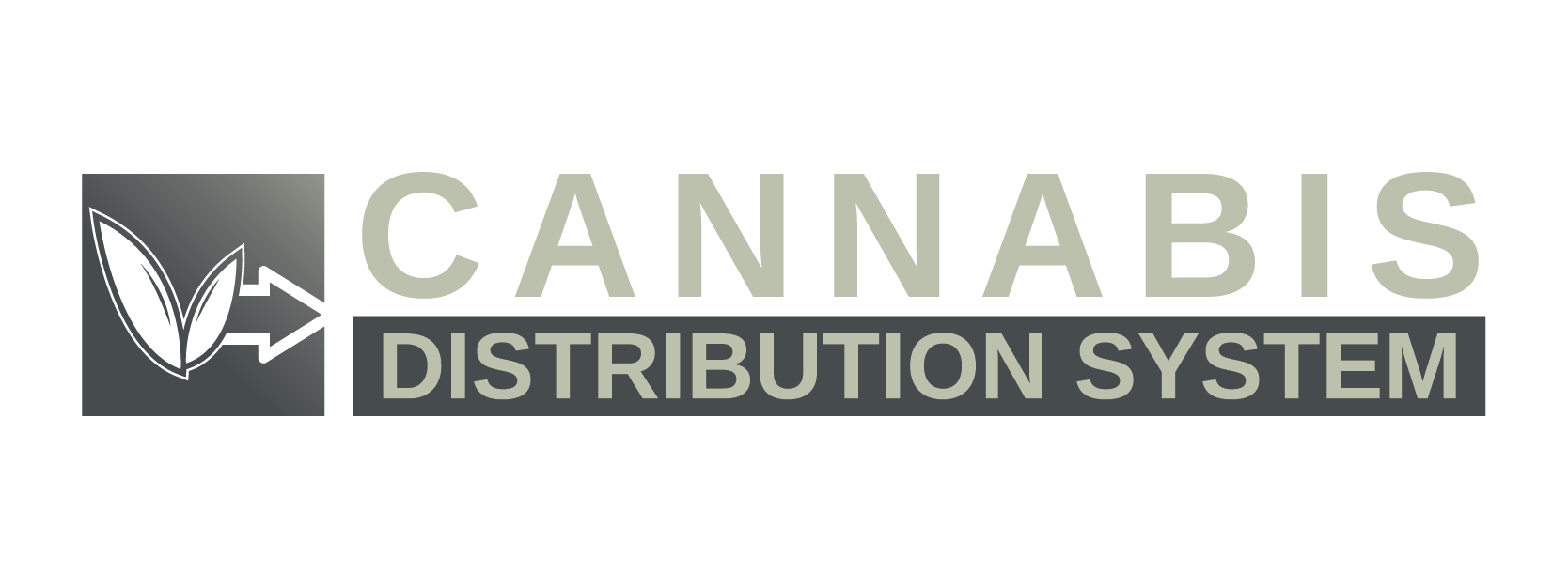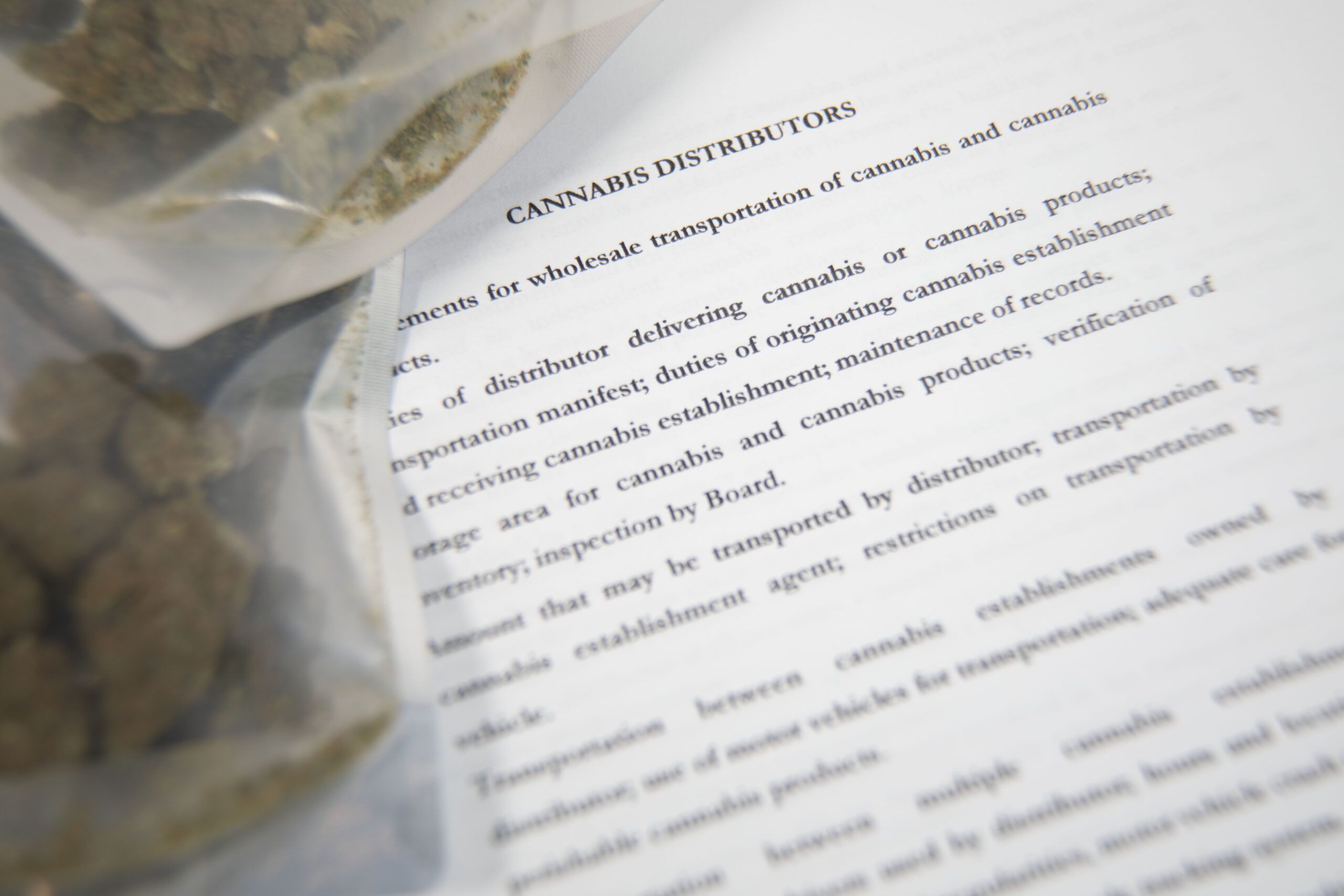If you manage a cannabis warehouse, you know the job isn’t just about moving product—it’s about juggling compliance, communication, and chaos, often all at once. Every shift brings a new headache, whether it’s a system integration issue or a delayed manifest that throws your workflow into disarray. Despite how advanced the cannabis industry claims to be, distribution systems still leave you picking up the slack.
Let’s start with the lack of standardization. You probably work with multiple software systems—some from cultivators, others from retailers—and they rarely talk to each other. Instead of focusing on efficient throughput, you spend hours reconciling inventory manually because your seed-to-sale data doesn’t sync with your ERP. You’re forced to rely on spreadsheets or re-enter information across platforms just to keep the numbers straight. That’s not just inefficient—it’s exhausting.
Then there’s compliance tracking, which sounds good in theory but often ends up being a logistical nightmare. You’re expected to scan, verify, and match every batch to strict regulatory standards, but the tools provided to you aren’t always reliable. Barcode scanners misfire. RFID systems drop connections. And Metrc—while necessary—isn’t built with warehouse operations in mind. You probably find yourself toggling between platforms, rechecking data, and triple-verifying shipments just to avoid an audit-triggering mistake.
Order unpredictability doesn’t help either. You might have a quiet Monday followed by a Wednesday that explodes with last-minute orders. There’s no consistent flow, and forecasting tools built into your system—if they exist—are rarely accurate. When dispensaries run promos or new products drop without warning, you’re the one scrambling to adjust staff schedules, reroute trucks, and reallocate inventory on the fly. You’re expected to be agile, but you’re often flying blind.
What really slows you down are the packaging and labeling issues. Products arrive mislabeled or improperly sealed, and instead of a smooth intake process, you’re left sorting through compliance issues that should’ve been resolved upstream. If the documentation isn’t uploaded in advance—or worse, it’s missing altogether—you’re forced to put things on hold. It’s frustrating when your team’s efficiency is tanked because someone else didn’t follow protocol.
Security procedures, while crucial, can also feel like they’re working against you. You get the need for cameras, badge access, and secure storage. But when the system makes you jump through too many hoops just to move one pallet across a checkpoint, it becomes less about protection and more about interruption. It’s a constant tug-of-war between compliance and productivity.
And let’s not forget poor communication across the supply chain. You’ve likely dealt with updated manifests that never made it to your inbox, delivery schedule changes that catch you off guard, and inbound shipments that arrive incomplete. When coordination breaks down, it’s your warehouse that bears the brunt. You’re left explaining delays, reorganizing your workflow, and calming frustrated partners.
At the end of the day, you make it work—because you have to. But if the cannabis industry wants to keep growing, it needs to listen to you. You’re not just moving boxes—you’re managing the flow of an entire ecosystem. Better tools, clearer communication, and smarter integration would make your job more manageable—and help the whole industry thrive.






